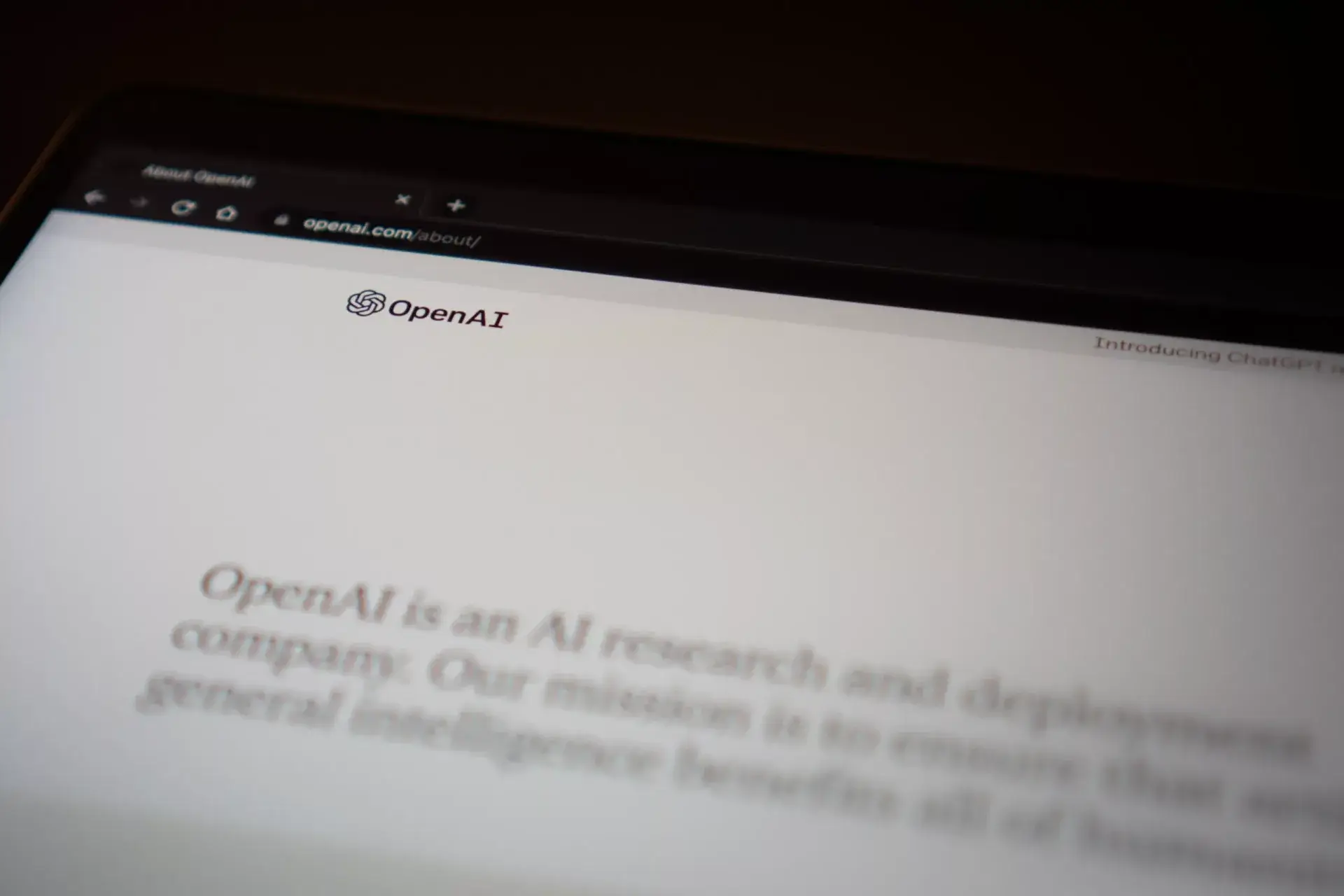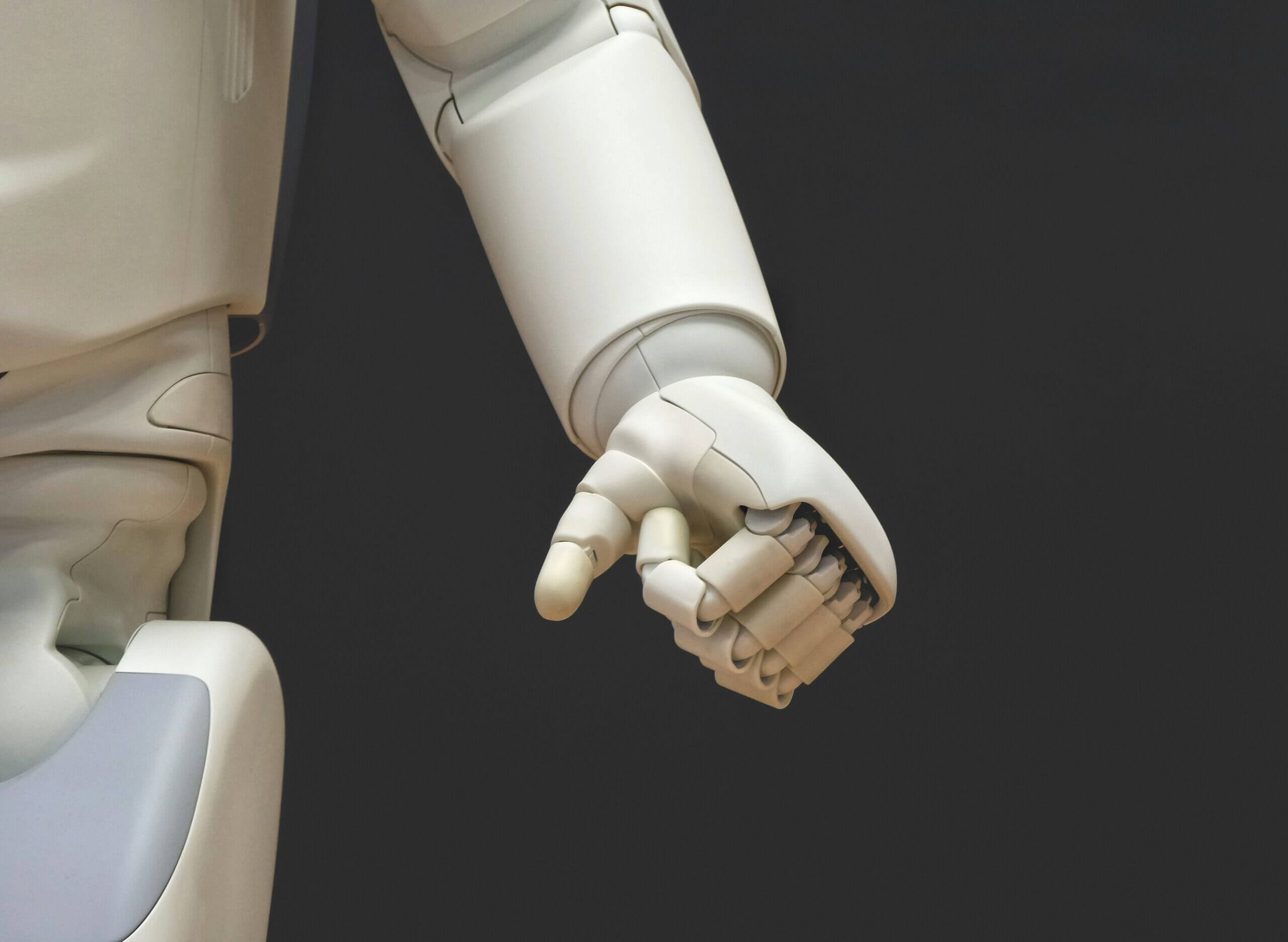In recent years, we have witnessed a significant shift in the way people work, driven by advancements in technology and an increased focus on work-life balance. Bloomberg highlighted that Nobel Prize winner economist Dr. Julia Adams attributes this change to the adoption of AI tools.
In this blog post, we will discuss whether GenAI is paving the way for a four-day workweek and the implications it has for the future of work.
The Evolution of Work
Historically, the five-day workweek was established in the early 20th century as a compromise between labor demands and industrial productivity. However, the nature of work has evolved dramatically since then. Today, we live in a digital age characterised by rapid technological advancements, where the value of knowledge work often outweighs sheer labor hours.
The Promise of GenAI
Generative AI, a subset of artificial intelligence that focuses on creating new content from learned patterns, is at the forefront of this transformation. Unlike traditional AI, which follows programmed instructions, GenAI can generate text, images, music, and even code that mimic human creativity and intelligence. This capability is revolutionizing various sectors, making work processes more efficient and allowing for greater flexibility.
Enhancing Productivity and Efficiency
One of the most compelling arguments for a four-day workweek is the potential for increased productivity. Studies have shown that reducing the number of workdays does not necessarily equate to a reduction in output. In fact, companies that have adopted a four-day workweek often report higher levels of employee satisfaction, lower burnout rates, and maintained or even increased productivity levels.
GenAI plays a critical role in this dynamic. By automating routine tasks and providing intelligent assistance, GenAI allows employees to focus on more strategic and creative aspects of their work. For instance, in content creation, GenAI can draft reports, generate marketing copy, and even produce complex data analyses, freeing up human workers to engage in higher-level planning and decision-making.
Redefining Work-Life Balance
A four-day workweek also promises a better work-life balance, an aspect of increasing importance in today’s society. The COVID-19 pandemic has highlighted the need for flexibility in work arrangements, as remote and hybrid work models have become more common. Employees now prioritise mental health and personal time more than ever before.
Generative AI supports this shift by enabling more efficient remote work. Tools powered by GenAI can facilitate collaboration across different time zones, automatically schedule meetings at optimal times, and manage projects without constant human oversight. This technological support can lead to a more balanced and less stressful work environment.
Challenges and Considerations
While the potential benefits of a four-day workweek bolstered by GenAI are significant, there are challenges to consider. Transitioning to a new work model requires a cultural shift within organisations, as well as adjustments in managerial practices and performance evaluation metrics. There is also the question of ensuring that the benefits of GenAI are distributed equitably among all employees, preventing a scenario where only a few reap the rewards of increased efficiency.
Moreover, reliance on AI systems brings up issues of data privacy and security. Organisations must implement robust safeguards to protect sensitive information and maintain trust among their workforce.
The Future of Work
The dawn of the four-day workweek, augmented by the capabilities of Generative AI, represents a significant evolution in how we perceive and structure work. As more companies experiment with this model and as GenAI continues to advance, we may well be on the brink of a new era where productivity and employee well-being are not at odds but are complementary goals.
The transition will not be without its hurdles, but the potential for a more humane and efficient work environment is a powerful incentive. As we navigate this new landscape, it is crucial for businesses, policymakers, and workers to collaborate and ensure that the future of work is inclusive, sustainable, and beneficial for all.
In conclusion, the integration of Generative AI into the workplace heralds the possibility of a four-day workweek, marking a significant departure from traditional labor practices. As we stand at this pivotal moment, the promise of increased productivity, enhanced work-life balance, and a more fulfilling work experience beckons us towards a new frontier in the future of work.



